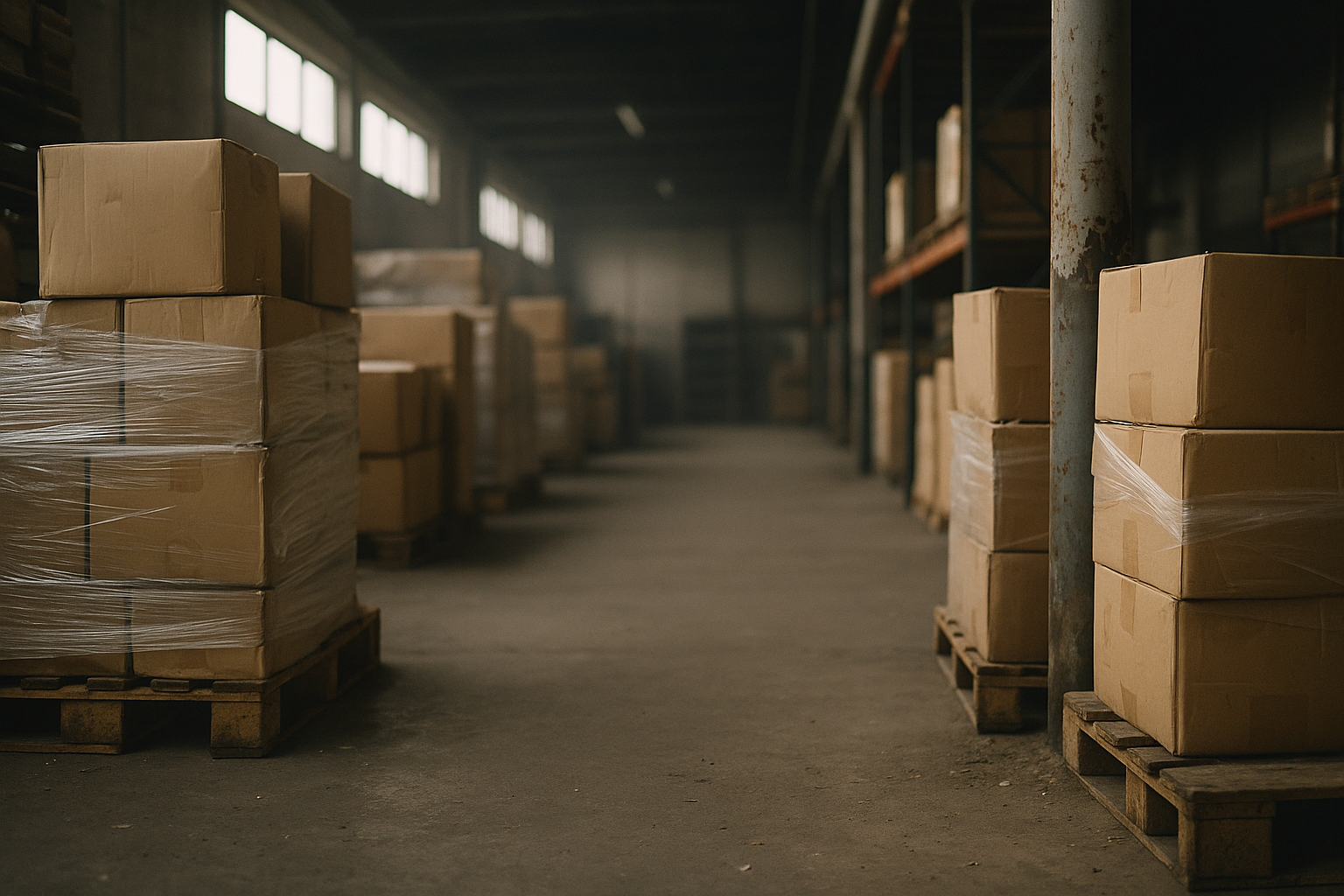
Learning a New Language: Travel Language Hacks
Traveling to a new country often brings with it the excitement of exploring a different culture, and language is a vital part of that experience. Understanding key phrases and expressions can significantly enhance your journey, making interactions more meaningful and enjoyable.
Why Language Matters in Travel
Language is not just a tool for communication; it is a gateway to understanding cultural nuances and fostering connections. According to a study published in the journal ‘Travel Behavior and Society’, travelers who engage with local languages report a more enriched travel experience and greater cultural appreciation.
Expert Insights
Language expert and travel enthusiast, Maria Gonzalez, suggests, “Learning even just a few phrases of the local language can open doors to authentic experiences that are often hidden from those who only speak English.” Her insights resonate with many travelers who have found that a simple greeting in the local tongue can lead to memorable interactions.
Language Hacks for Travelers
Embarking on a journey to learn a new language doesn’t have to be daunting. Here are some effective language hacks to help you on your travels:
- Start with Basics: Focus on learning essential phrases such as greetings, thank you, please, and directions. These are invaluable in daily interactions.
- Use Language Apps: Leverage technology by using language learning apps that offer interactive lessons and practice sessions.
- Label Objects: If you’re staying for an extended period, label objects in your accommodation with their local language equivalent to reinforce vocabulary.
- Join Language Exchanges: Participate in language exchange meetups or online forums to practice speaking with native speakers.
Personal Experience: A Language Adventure
When I traveled to Italy, I made it a point to learn basic Italian. I vividly recall a moment in a small café in Rome where my attempt to order coffee in Italian led to a delightful conversation with the barista about local coffee culture. This interaction, sparked by language, made my trip unforgettable.
Actionable Tips
| Tip | Description |
|---|---|
| Use Flashcards | Create flashcards for quick vocabulary review. |
| Watch Local TV Shows | Watch shows in the local language with subtitles for context. |
| Practice with Locals | Engage with local speakers to improve fluency. |
| Listen to Music | Listening to music in the local language can improve pronunciation. |
| Read Children’s Books | Simple language makes it easier to learn. |
| Use Mnemonics | Create associations to remember words better. |
| Keep a Journal | Write daily entries in the new language to practice writing skills. |
| Set Realistic Goals | Establish achievable language milestones. |
Frequently Asked Questions
How long does it take to learn a new language?
The duration varies depending on the language and the learner’s dedication. However, with consistent practice, you can grasp basic conversational skills within a few months.
Is it necessary to learn the local language before traveling?
While not necessary, knowing the basics of the local language can significantly enhance your travel experience by making interactions smoother and more enjoyable.
Conclusion
Learning a new language for travel is not merely about communication; it’s about embracing the culture and connecting with people on a deeper level. As you prepare for your next journey, take the opportunity to learn and practice the local language. Doing so will not only enrich your travels but also leave you with lasting memories and a greater appreciation for the world around you.


